2012 - 2013
| Dr. Nikolaj Gadegaard | |
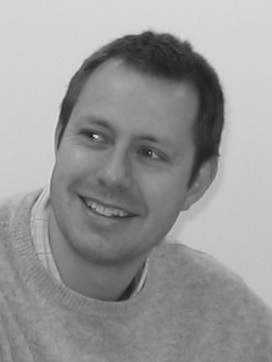 |
After graduating with a BSc in chemistry and an MSc in Physics from University of Copenhagen, he took up a PhD position at Risø National Laboratory in 1999 on injection moulding of nanostructured material for cell control. In 2002 he was awarded his PhD in biophysics and moved to Glasgow as a post doc in the Centre for Cell Engineering. In 2003 he was awarded a Royal Society of Edinburgh Research Fellowship on biological interactions with nanostructured materials, followed by a lectureship in 2006. His current research focuses on developing micro- and nanofabrication technologies and applying them to biological systems, in particular the use of electron beam lithography to make surface topographies with highly controlled geometrical arrangements. |
29 November 2013
Dr. Nikolaj Gadegaard
Reader in Biomedical Engineering, School of Engineering, University of Glasgow, UK
Friday, November 29, 11:00
Seminarrom 3 B1.1017, Rikshospitalet
Title: Nanotopographical control of stem cell fate: from discovery to translation
|
Dr. Lee Wong |
|
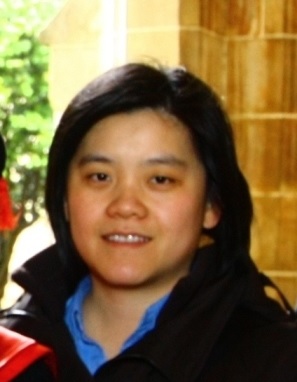 |
After completing her PhD at Monash University, Dr. Lee Wong worked as a postdoctoral fellow at Murdoch Children Research Institute (Australia) to study chromosome biology. She has recently established a new research group at the Dept of Biochemistry and Molecular Biology, Monash University. Her long-term research interest has been to identify epigenetic players required for the establishment of centromere identity and function. In recent years, she has also startedto investigate the mechanism underlying the establishment and regulation of telomere chromatin states in stem cells and cancers. |
17 October 2013
Dr. Lee Wong
Group leader, Department of Biochemistry and Molecular Biology, Monash University, Australia
Thursday, October 17, 11:00
Lille auditorium A1.1004, Domus Odontologica
Title: Roles of ATRX and H3.3 in maintaining genome stability in stem cells
| Prof. Mari Dezawa | |
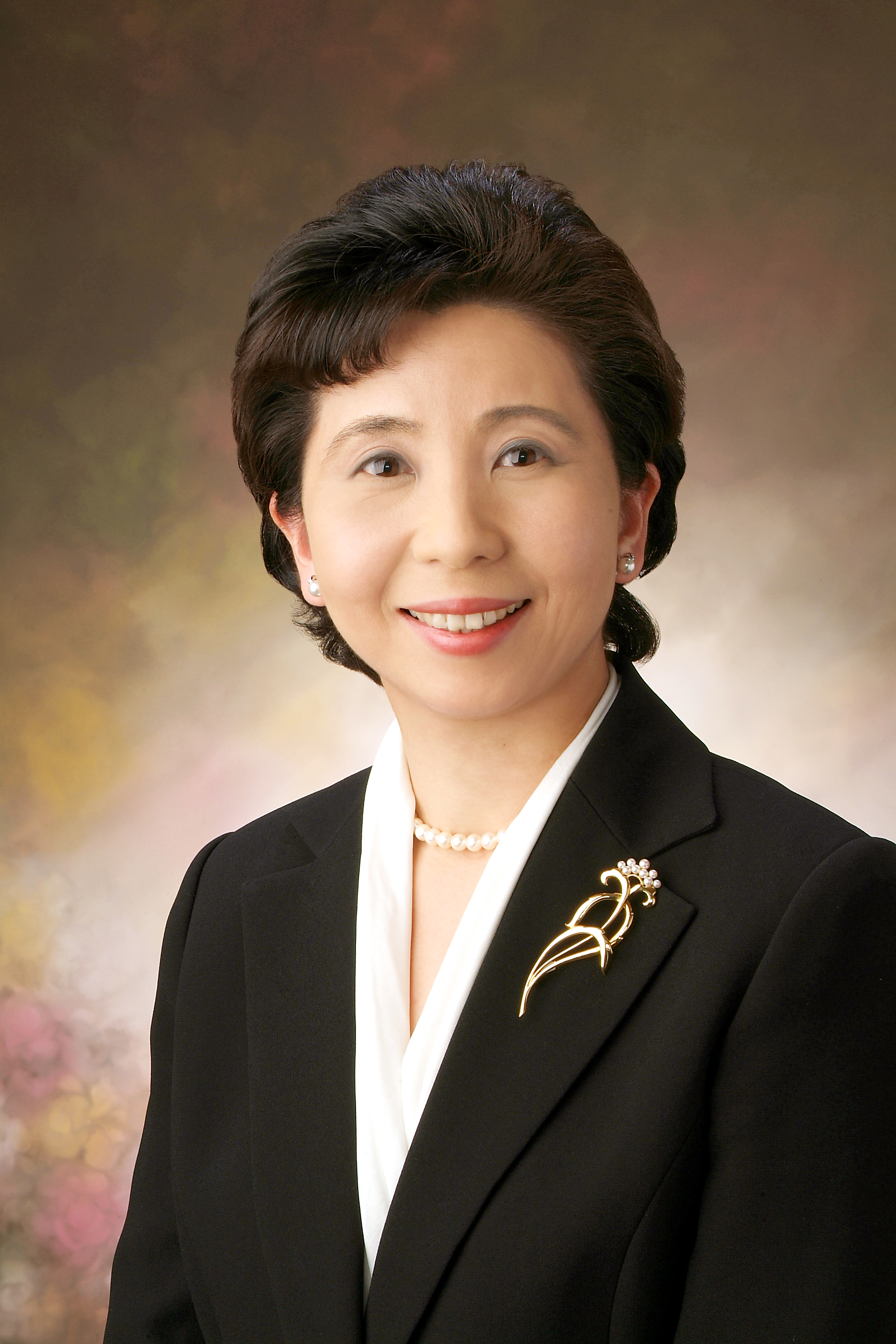 |
Mari Dezawa is a MD from the School of Medicine Chiba University, Chiba, Japan (1983-1989), holds a PhD in anatomy from the Graduate School of Medicine, Chiba University (1991-1995) and is currently Professor and Chairman of the Division of Stem Cell Biology and Histology at the Tohoku University Graduate School of Medicine, Japan. In her research, she seeks to clarify how the signals aroused from neighboring cells or from other tissues regulate the maintenance, proliferation and differentiation of tissue stem cells, and how the tissue stem cell network is related to the maintenance of vital tissue functions. Her ultimate goal is to develop stem cell biology from a new perspective. |
16 October 2013
Prof. Mari Dezawa
Professor and Chairman, Division of Stem Cell Biology and Histology, Tohoku University Graduate School of Medicine, Japan
Wednesday, October 16, 11:00
Lille auditorium A1.1004, Domus Odontologica
Title: Discovery of Muse cells, novel pluripotent stem cells that reside in human mesenchymal tissues: implications for new concepts of regenerative homeostasis and stem cell failure.
| Dr. Bilada Bilican | |
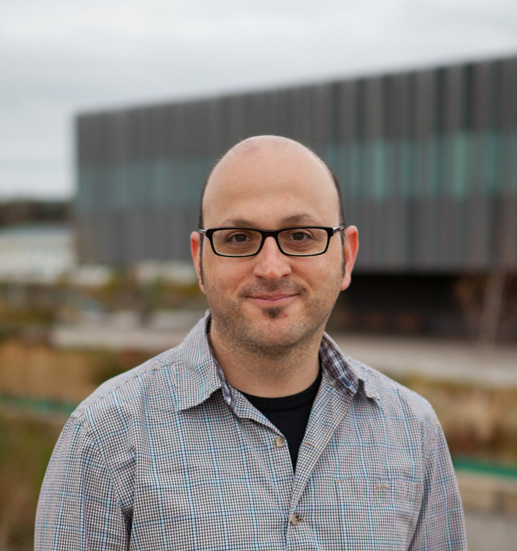 |
Bilada Bilican holds a PhD in Molecular Biology from the University of London (2000-2004), worked as a Postdoctoral Research Fellow first at the University of Cambridge and is currently at the MRC Centre for Regenerative Medicine, the University of Edinburgh. His research focuses on generation of specific neuronal subtypes from pluripotent stem cells, mechanisms of lineage restriction in neural stem cells and studying protein homeostasis in human pluripotent cell-derived neurones to gain mechanistic insights into protein aggregating diseases. |
4 June 2013
Dr. Bilada Bilican
Postdoctoral Research Fellow, MRC Centre for Regenerative Medicine, University of Edinburgh
Tuesday, June 4, 11:00
Store auditorium A1.1001, Domus Odontologica
Title: Modelling TDP-43 proteinopathies using human pluripotent stem cells
5 June 2013
In conjunction with this seminar, two local seminars will be hold by two of our Stem Cell Center research groups:
Prof. Arne Klungland & Prof. Magnar Bjørås
Group leaders, Norwegian Center for Stem Cell Research
Wednesday, June 5, 14:30
Store auditorium A1.1001, Domus Odontologica
| Dr. Tarjei S. Mikkelsen | |
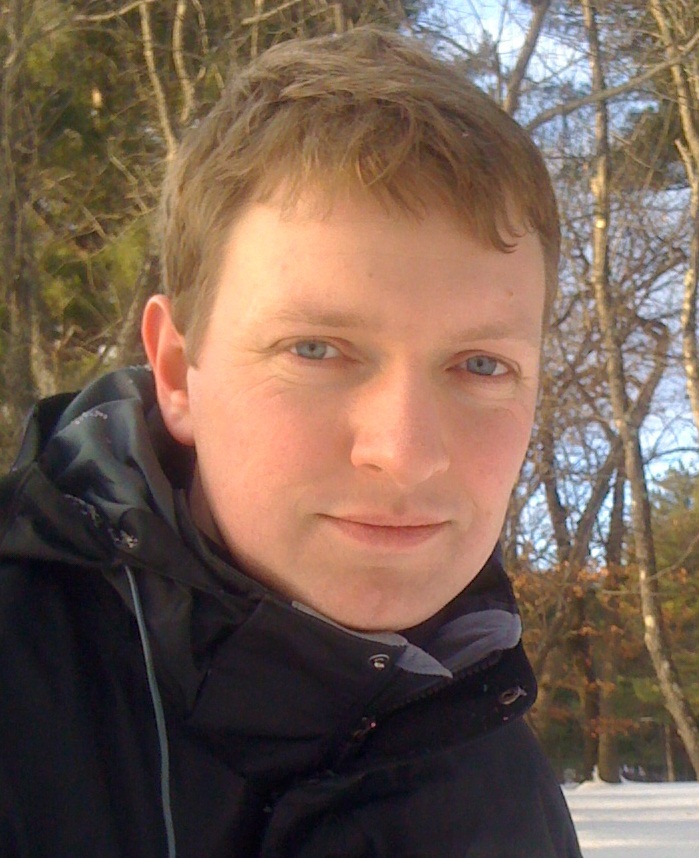 |
Dr. Tarjei S. Mikkelsen is a Fellow and Principal Investigator at the Broad Institute and the Harvard Stem Cell Institute in Cambridge, MA, where he directs research focused on advanced technology development for genomics, regenerative medicine and synthetic biology. He was previously a leading member of the Broad Institute teams that pioneered genome-wide profiling of histone- and DNA-methylation patterns in mammalian cells using next generation sequencing technology, as well as a lead computational analyst on the human, chimpanzee, dog and opossum genome projects. |
29 April 2013
Dr. Tarjei Mikkelsen
Fellow and Principal Investigator at the Broad Institute and the Harvard Stem Cell Institute in Cambridge, MA
Monday April 29, 14:30
Red Auditorium, B1.U016, Rikshospitalet
Title: High-throughput genomic and epigenomic profiling of directed differentiation
30 April 2013
Dr. Tarjei Mikkelsen
Fellow and Principal Investigator at the Broad Institute and the Harvard Stem Cell Institute in Cambridge, MA
Tuesday April 30, 11:00
Red Auditorium, B1.U016, Rikshospitalet
Title: Exploring gene regulation by reading and writing DNA
| Prof. Ernest Arenas | |
|
Prof. Ernest Arenas is the Chairman of the Department of Medical Biochemistry and Biophysics at the Karolinska Institute as well as Professor in Stem Cell Neurobiology at MBB, KI. His laboratory is particularly interested in understanding the mechanisms involved in the development of midbrain dopaminergic (DA) and in the developing applications of such mechanism in stem cell biology and regenerative medicine for Parkinson’s disease (PD). |
|
Professor Ernest Arenas
Professor of Stem Cell Neurobiology at the Department of Medical Biochemistry and Biophysics, Karolinska Institute
22 April 2013
Monday April 22, 14:30
Seminar room 2 B2.U002, Rikshospitalet
Title: Function of Wnts in midbrain dopamine neuron development and regenerative medicine for Parkinson's disease
23 April 2013
Professor Ernest Arenas
Professor of Stem Cell Neurobiology at the Department of Medical Biochemistry and Biophysics, Karolinska Institute
Tuesday April 23, 11:00
Lille auditorium A1.1004, Domus Odontologica
Title: Identification of endogenous midbrain LXR ligands as a novel family of neurogenic and survival factors
| Prof. Mark Noble | |
|
Mark Noble has an exceptionally broad background in stem cell biology and is an active international player in moving stem cell research towards clinical applications. His team researches a wide range of stem cell medicine-related areas, including the use of glial transplantation therapies for CNS repair, the role of precursor cell dysfunction as a causal mechanisms in CNS diseases and chemotherapy-induced CNS damage, stem cell-based treatments of spinal cord injury, and the role of redox status in regulating progenitor cell function. |
|
1 November 2012
Professor Mark Noble
Director, University of Rochester Stem Cell and Regenrative Medicine Institute
Thursday November 1, 14:30
Green Auditorium, Rikshospitalet
Title: Transitioning stem cell biology to stem cell medicine for CNS repair, treatment of neurogenetic disorders and cancer
_______________________
In conjunction with this seminar, two local seminars will be held by two of our Stem Cell Center research groups (Morten Moe and Gunnar Kvalheim), Green Auditorium, Rikshospitalet
2 November 2012
Professor Mark Noble
Director, University of Rochester Stem Cell and Regenerative Medicine Institute
Friday November 2, 11:00
Seminar room 3, B1.1017, Rikshospitalet
Title: Redox control as a central modulator of normal and abnormal precursor cell development and function
